How Do You Help Your Son or Daughter Stay Sober After Rehab?
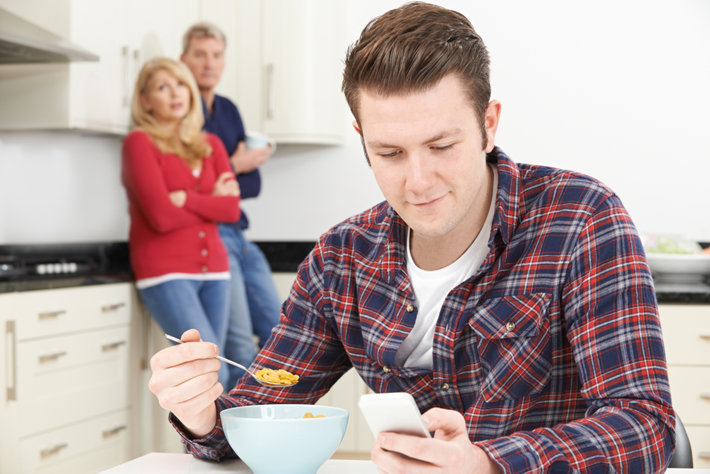
When a son or daughter is actively using drugs, the thing parents worry about most is overdose. So parents work hard, every day, to get their loved one into treatment. When the parents of an addict succeed in doing so, they rejoice in the fact that they finally got their loved one help.
But just getting a loved one into treatment isn’t necessarily the end of it. Life after rehab can be difficult and troublesome. And that’s why, when one's child is no longer actively using drugs, the thing one worries about most is relapse.
How can parents take a more decisive role in ensuring their children, once in recovery, stay clean and sober? How can parents help make sure their kids do not relapse?
A Look at Iceland — How the Island Nation Reduced Young Adult Substance Abuse
Icelandic researchers were able to nail down two, key factors that made all the difference in whether young people used substances or not:
- Participation (or lack thereof) in organized activities.
- Time spent with parents.
The capital city of Iceland, Reykjavik, instituted a program that included organized sports, music, art, dance, and other social clubs, in order to get kids involved in fun, exciting, group-based activities after school. Doing so gave young people something constructive to do.
Another big part of Iceland’s program was to encourage parents to spend more time with their kids. They wanted parents to get involved in their kids’ lives rather than letting kids run free on the streets of Reykjavik after school and on the weekends.
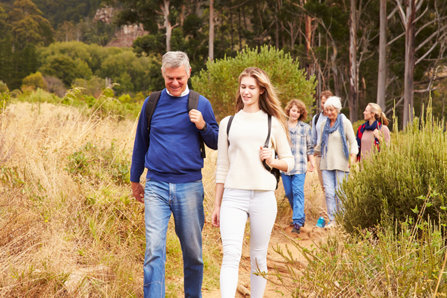
Iceland’s results have been quite impressive. Today, Icelandic youth are among Europe’s cleanest-living kids. The percentage of teens who had been drunk in the previous month dropped from 42 percent in 1998 to 5 percent in 2016. The percentage who have ever used cannabis dropped from 17 percent to 7 percent during the same period. And the percentage who smoke cigarettes fell from 23 percent to just three percent.
Lithuania Follows a Similar Approach
Kaunas, the second-most populous city in Lithuania, followed the Icelandic model, but with a Lithuanian twist. In Kaunas, much like Reykjavik, the city worked with parents and nonprofit groups to get kids off the streets and into community groups, team sports, extracurricular activities, etc.
Kaunas also went a step further by arranging parents with guidance counselors, effectively giving each parent in the city nine free parenting sessions each year. The goal? To help educate and counsel moms and dads on how to parent in such a way that teen and young adult children did not go on to experiment with drugs and alcohol.
The result? Between 2006 and 2014, the number of Kaunas teens who reported getting drunk in the past month fell by about 25 percent, and the number who reported smoking cigarettes daily fell by more than 30 percent.
In 2015, Kaunas took their initiatives a step further and began offering no-cost sporting events throughout the city on Mondays, Wednesdays, and Fridays. The city is even working out ways to create low cost or no cost public transportation to ensure that low-income families from different parts of the city have access to such events.
A Successful Action Back in the States
The United States hasn’t implemented anything quite like the Icelandic or Lithuanian programs. Still, the U.S. did do something pretty impressive that helps young, recovering substance users in creating a healthy, happy life. The United States started implementing recovery schools.
Recovery schools are simple in nature yet profound in efficacy. Such schools help young people who are in recovery to go on and complete their education. Recovery schools help young people earn their diploma in a drug-free environment, and to do so among educators and support staff who can also help them with the challenges of facing life without drugs and alcohol.
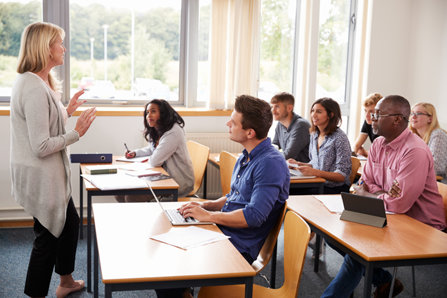
Unfortunately, as is the case with many behavioral health approaches in the U.S., the treatment gap between students who could benefit from recovery schools, and the actual number of such schools in operation is pretty huge. There are only 38 such schools in the U.S., serving about 2,000 students. There are easily hundreds of thousands of young people who could benefit from such schools.
It's possible to learn a lot from the successful actions of countries, cities, and individual groups. It's valuable to study their approaches, their programs, their policies, and laws, etc.
It might not be possible to necessarily duplicate and implement other nations’ procedures exactly. As an alternative approach, parents can learn from the successful actions of other countries and cities. How could parents take a more decisive role in making sure sons and daughters stay clean and sober?
Advice for Parents
If there is one takeaway to borrow from Iceland, from Lithuania, or from U.S.-based recovery schools, it’s that young adults do best when they are engaged in positive, healthy activities. Getting kids involved in such activities should be the primary focus.
This is applicable no matter children's age. If they are still teenagers and haven’t finished school yet, parents need to get them in school and help them graduate. The safer the school, the better. And if they are grown adults in their 20s or 30s, helping them step into higher learning, assisting them in finding a job, getting them involved in healthy, positive groups and relationships, all of that is conducive to sobriety.
One of the fascinating aspects of how Iceland addressed their teen and youth substance abuse problem was that the entire country made a nationwide effort to get young people involved in activities that were healthy and beneficial and that young people wanted to do. Whether it was team sports, track, youth groups, theatre, art, music, games, ice skating, swimming, outings, etc., the entire nation committed to getting kids involved in healthy activities and in getting parents more involved with their kids.
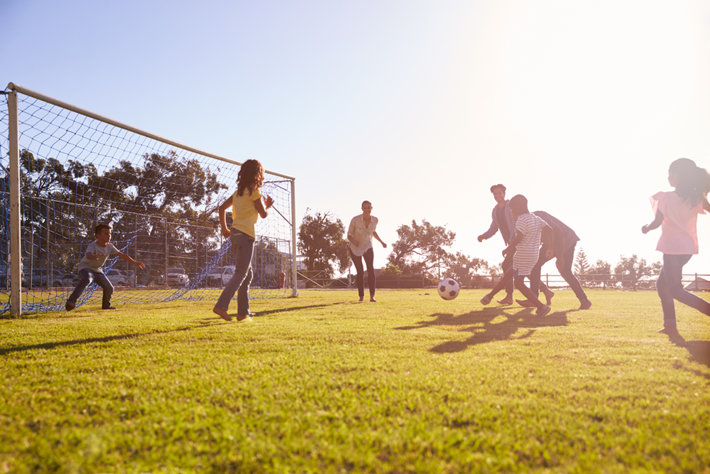
Such a nationwide program might be challenging to implement in a country as large as the United States. The U.S. has more than 1,000 times the population of Iceland. But individual parents can apply similar strategies within their own homes. They can:
A) Get their recovering sons and daughters involved in positive, healthy, engaging, educational, and fulfilling activities and groups.
B) Become more involved in the day-to-day lives of their kids.
Another strategy as parents would be to coordinate with the treatment centers that their kids went to. That has multiple benefits. For one, it's good to have an understanding of what type of tools an adult child learned while in treatment, so parents can help their kids apply those tools to life after rehab. Another benefit is that the rehab itself might have an aftercare or discharge plan already in place, and parents may be able to contribute to and support that plan.
Parents have to become involved with the recovery of their kids. It doesn’t matter if the kids are 18 or if they’re 40. Even something as simple as sharing family dinners has been linked to lower substance abuse among youth. And that’s because the more effort parents put into having fantastic and healthy relationships with their kids, the less likely they are to go down a path towards substance abuse.
If Your Son or Daughter is Still Struggling with Drugs and Alcohol…
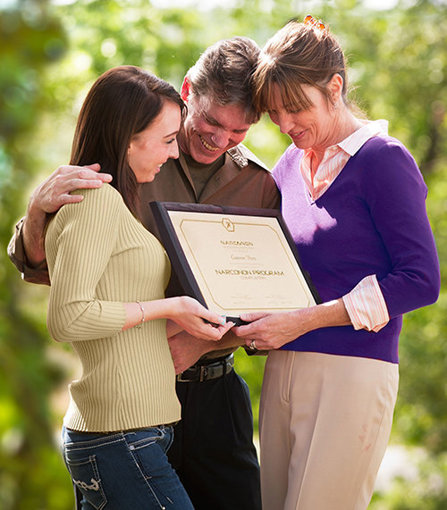
One of the deciding factors in whether or not a recovering addict will relapse is the type of treatment they received in the first place. While it is true that going to rehab is only one part of the recovery journey, it is a huge part. It is very significant. What type of rehab center the person goes to will have a monumental impact on the future of their recovery.
Many who come to Narconon are those who have already been to rehab before. They’ve tried one, maybe two, maybe three, perhaps even four or more rehabs in the past, only to relapse and go back to using drugs again.
Narconon uses proven rehabilitation technology to get to addiction at its source. Narconon helps participants find the underlying causes of addiction. Then, Narconon goes a step further to help people build a path for long-term success.
Getting off of drugs and alcohol permanently requires more than a 28-day stay at a generic center. For over 50 years, Narconon has used its unique tools to help people leave behind addiction forever. The goal is a drug-free life, and thousands of Narconon graduates have met that goal. If your son or daughter is still struggling with drugs and alcohol and you are not sure how to help them, contact Narconon today.
Sources:
- https://mosaicscience.com/story/iceland-prevent-teen-substance-abuse/
- https://www.apyn.org/data-si/file/AYPN_Handbook_Part3_Prevention_v25_FINAL_PRESS.pdf
- https://www.educationdive.com/news/recovery-high-schools-offer-hope-to-students-fighting-substance-abuse/555333/
- https://www.centeronaddiction.org/addiction-research/reports/importance-of-family-dinners-2012
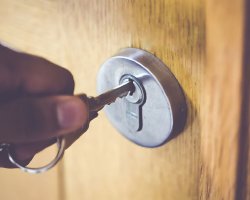

 ®
®